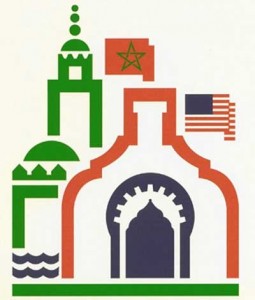 Academic Freedom Media Review
Academic Freedom Media Review
July 10 – 16, 2010
Compiled by Scholars at Risk
Persecuted Scholars Find Refuge in the Netherlands
UAF-SAR, 7/16
Three University of Zimbabwe students appear in court
The Zimbabwean, 7/16
Academics attack RCUK’s ‘dogmatic stance’ in refusing to rethink impact
Paul Jump, Times Higher Education, 7/15
The Growth of Private and For-Profit Higher Education in Britain: Competition or Collaboration?
Geoffrey Alderman, The Chronicle of Higher Education, 7/15
Teaching or Preaching?
Scott Jaschik, Inside Higher Education, 7/15
Continue reading




